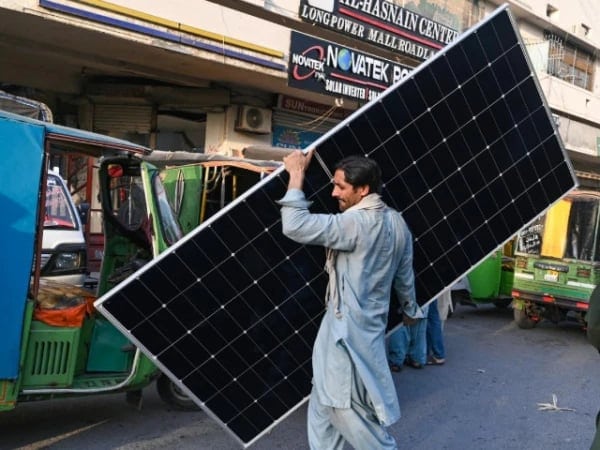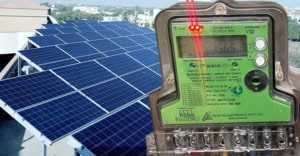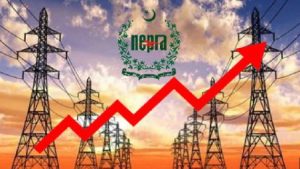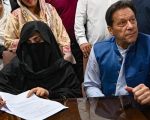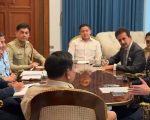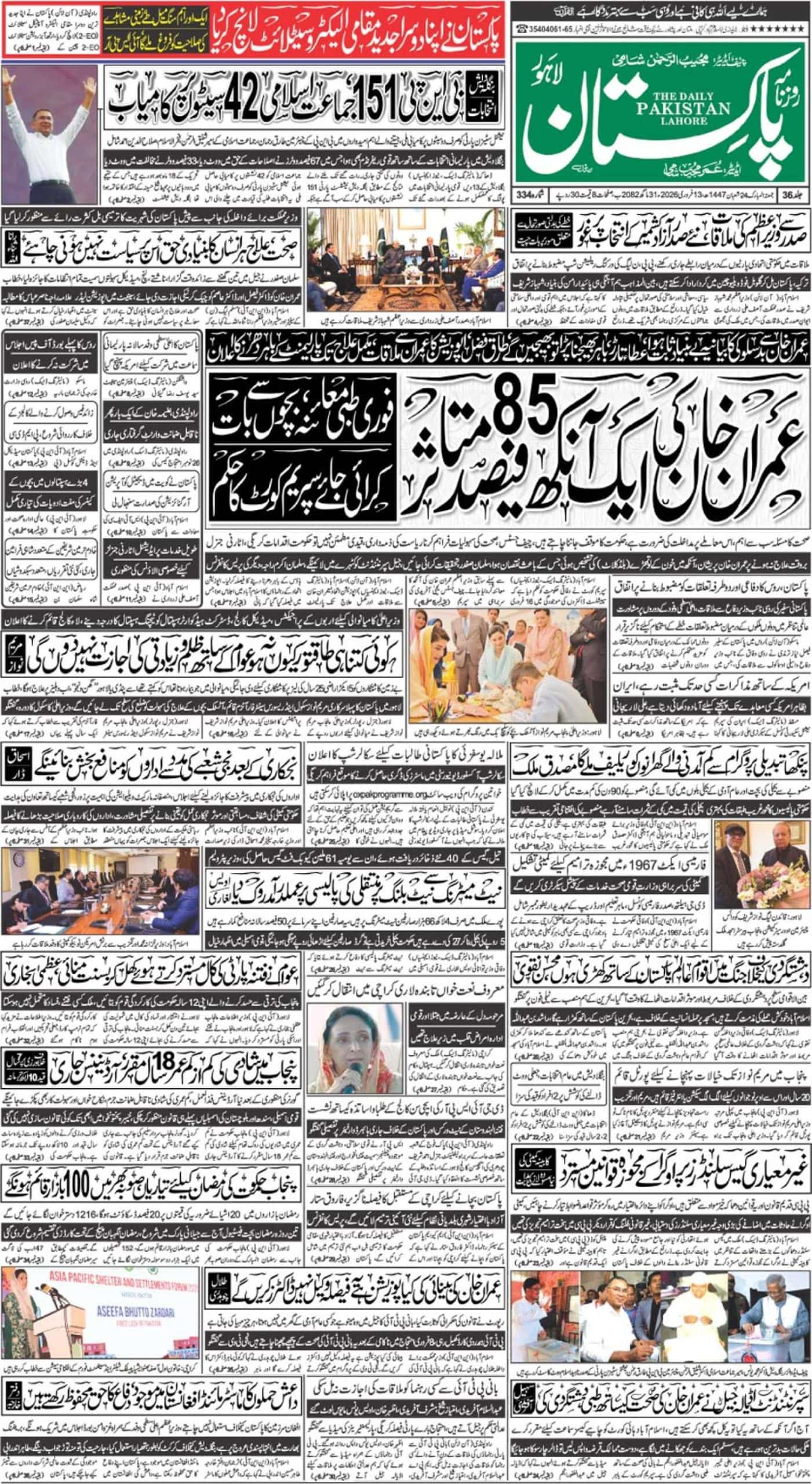ISLAMABAD – The Senate Standing Committee on Finance, chaired by Saleem Mandviwalla, has recommended the withdrawal of the recently imposed 18% sales tax on imported solar panels.
During a heated session, committee members criticized the move, pointing out that certain groups had stockpiled solar equipment prior to the budget announcement.
Mandviwalla called the tax discriminatory, highlighting that Pakistan International Airlines (PIA) had been granted tax exemptions on aircraft leases while other airlines had not. He warned that the solar tax could face legal challenges and hurt both consumers and the renewable energy sector.
The Federal Board of Revenue (FBR) chairman stated that the proposal would be re-evaluated after consultation with the Attorney General. Meanwhile, during a National Assembly finance committee meeting chaired by Syed Naveed Qamar, members from all parties, including the PML-N, opposed the tax, calling it unfair given the poor quality of local panels.
Finance Minister Muhammad Aurangzeb briefed the committee, noting that Prime Minister Shehbaz Sharif had ordered limits on FBR officers’ arrest powers. He shared that arrests in tax fraud cases would now require approval from a three-member committee and apply only in fraud cases over Rs 50 million.
Aurangzeb emphasized that any abuse of arrest powers by FBR officials would lead to disciplinary action, and four conditions must be met before an arrest. He also confirmed the government was ending its subsidy regime.
FBR chairman added that the tax could generate Rs 20 billion in revenue, which, combined with Rs 20 billion in solar subsidies, totals Rs 40 billion. “If the government can find this amount elsewhere, we’ll withdraw the tax,” he said.
Committee members urged the government to focus on technology transfer and promote local manufacturing through policy direction. They criticized the inconsistency of imposing green taxes on one hand while discouraging solar use on the other.
The committee also discussed issues such as over-invoicing, money laundering, and dumping in the solar import market. Lawmakers stressed the need for clear industrial policy to support domestic solar production and prevent misuse of the import system.

